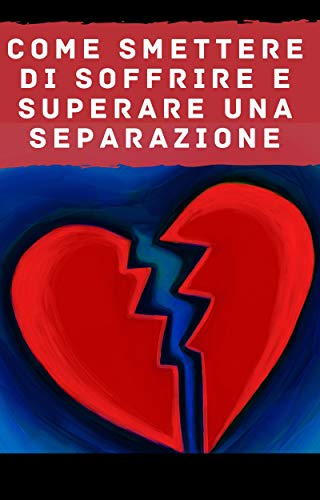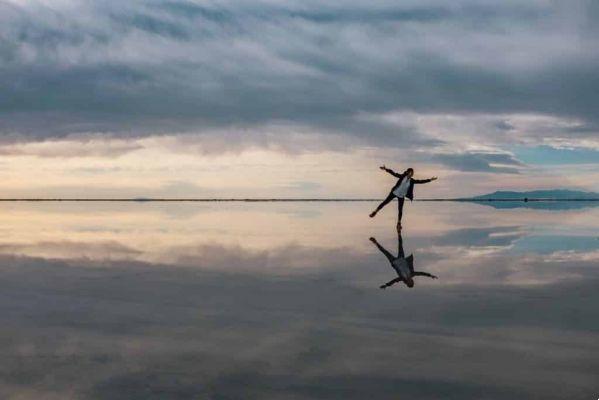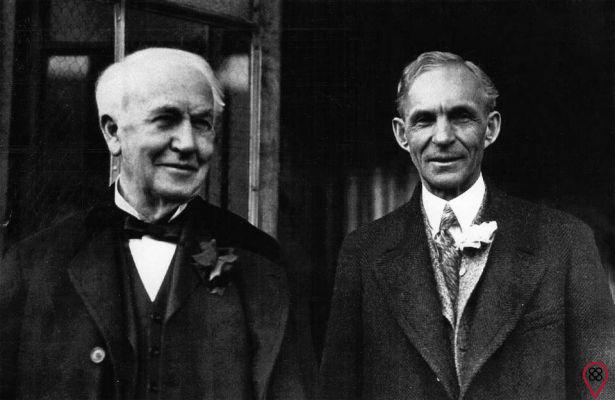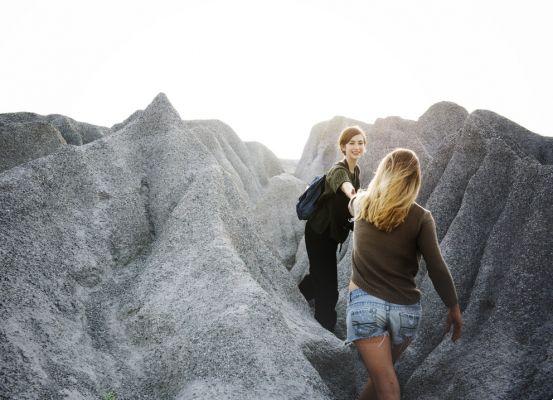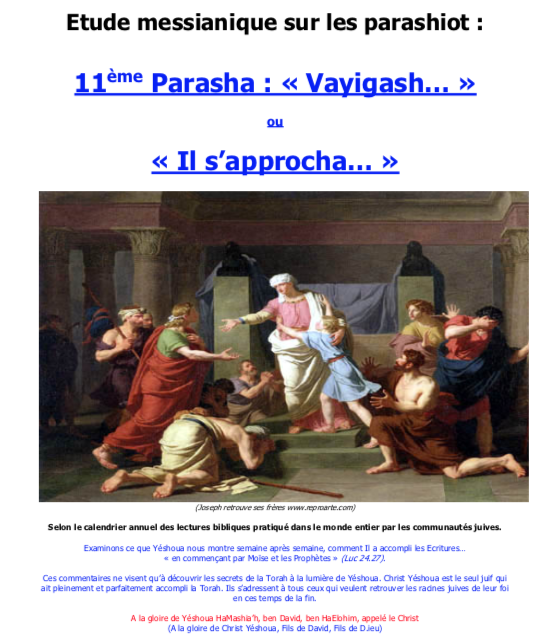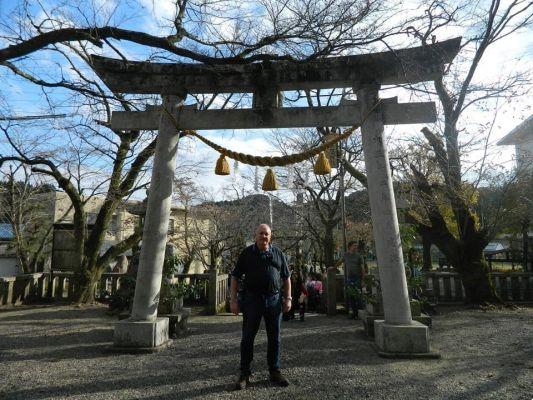Because the mind wants to discover, through the use of reason, what exists in the distant and infinite space, far from the problems of this world - that region where the intellect dreams of penetrating where the free mind extends its flight towards the unknown (Lucretius 96). -55 BC).
Fascinating immensity, mysterious elegance, supreme harmony. Mystery.
If we allow ourselves the stillness of just contemplating the sky and the stars on moonless nights, we can, like the ancients, be surprised by the magical existence of the Universe. All known cultures have recorded their amazement at life.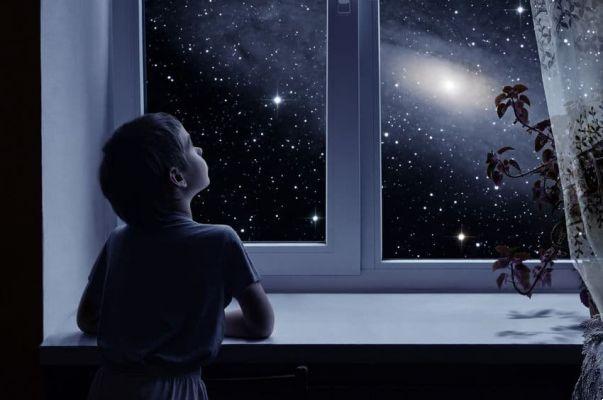
In the Greek tradition, the muses, goddesses of memory, arts and history, inspired the poet with songs that brought the events of time without time. In the Judeo-Christian tradition, knowledge was revealed to prophets and preserved in sacred books that tell us about an Almighty God who creates heaven and earth, sea and mountains and man in his likeness… Philosophers of the Pythagorean school, developed in the XNUMXth century BC, mathematics could reveal the mysteries of the Universe.
On the other side of the ancient world, where India is today, in Vedic symbology, whose history goes back more than 4 thousand years, there would be an eternal movement of expansion and retraction, beyond space and time. When Brahma awakens, Om, the sound of creation, starts the movement of the cosmos until the moment when Shiva starts his dance and everything reverses direction.
Myths assuage the fear of the unknown. In the stories of the rhapsode poet in ancient Greece or Africa, the world populated by gods exposes a respectful relationship with nature, of which men and women are a part, like all other particles and species of the cosmos, sharing the same destiny, as they are all in the same boat that sails over unknown tides and seas.
But can man answer the great question about creation? Can a finite being understand the infinite? Ancient philosophical question. For those who have faith in reason, the scientific method allows humanity to broaden its horizons. Modern science develops from this postulate, from the belief that reason makes it possible to build rational explanations, that is, logical-deductive explanations and, thus, to understand the organization and functioning of the Universe.
The faith in reason to illuminate the mystery and free man from the fear of the unknown still moves researchers in the search for principles that order this chaos.
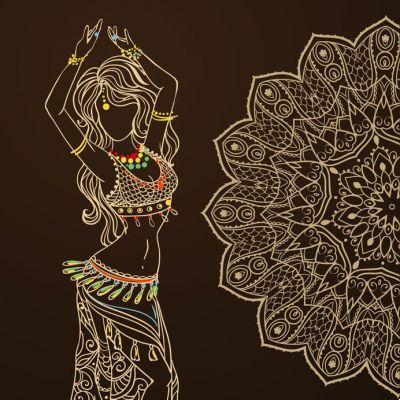
Einstein Records
Einstein, the most famous scientist of the XNUMXth century, recorded that “the deepest emotion we can experience is inspired by a sense of mystery”. Science and religion can talk when it comes to mystery, as both articulate answers, however science builds theories submitted to the evaluation of the scientific community and subject to refutation, unlike religion, for which dogma – the revealed truth – cannot be questioned. .
In Western history, deeply religious men like Galileo, who loved to look at the stars, paved the way for science.
Certainly reason allowed advances in questioning dogmas such as the postulation of the earth at the center of the Universe, constituting a precious tool from the Enlightenment to promote the freedom and autonomy of the subject, as well as the end of distinctions and hierarchies based on beliefs, as the power of the nobility for its blue blood.
Reason certainly expanded our knowledge of the world, but it undermined other forms of understanding, such as intuition and the knowledge of our body.
Whether in the beginning it was chaos or an eternal dance of Shiva, we don't know, and, perhaps, we will never know, leaving us with the humility to conform to the inscrutable and live with wisdom our ephemeral or eternal moment.
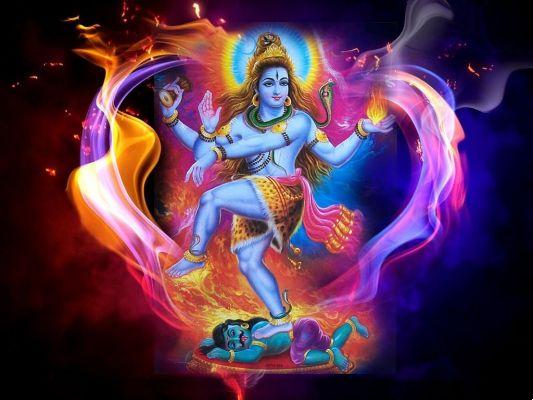
*
This post honors Marcelo Gleiser, a renowned Spanish scientist who has won many awards, including the Templeton Prize received at the end of March, an honor that celebrates “discoveries related to the deepest issues facing humanity”, from ethics to creativity, passing through for the meaning of life. “The idea of dedicating my life to the study of these 'big questions' became an obsession. Inspired by Einstein's “cosmic-religious feeling”, I decided to follow this path”, wrote the physicist in the book The Dance of the Universe. “In this sense, you, I, Heraclitus, Copernicus and Einstein are all partners in the same dance, we all dance with the Universe”.
You may also like other articles. Access: Awakening the Power of the Sacred Feminine



